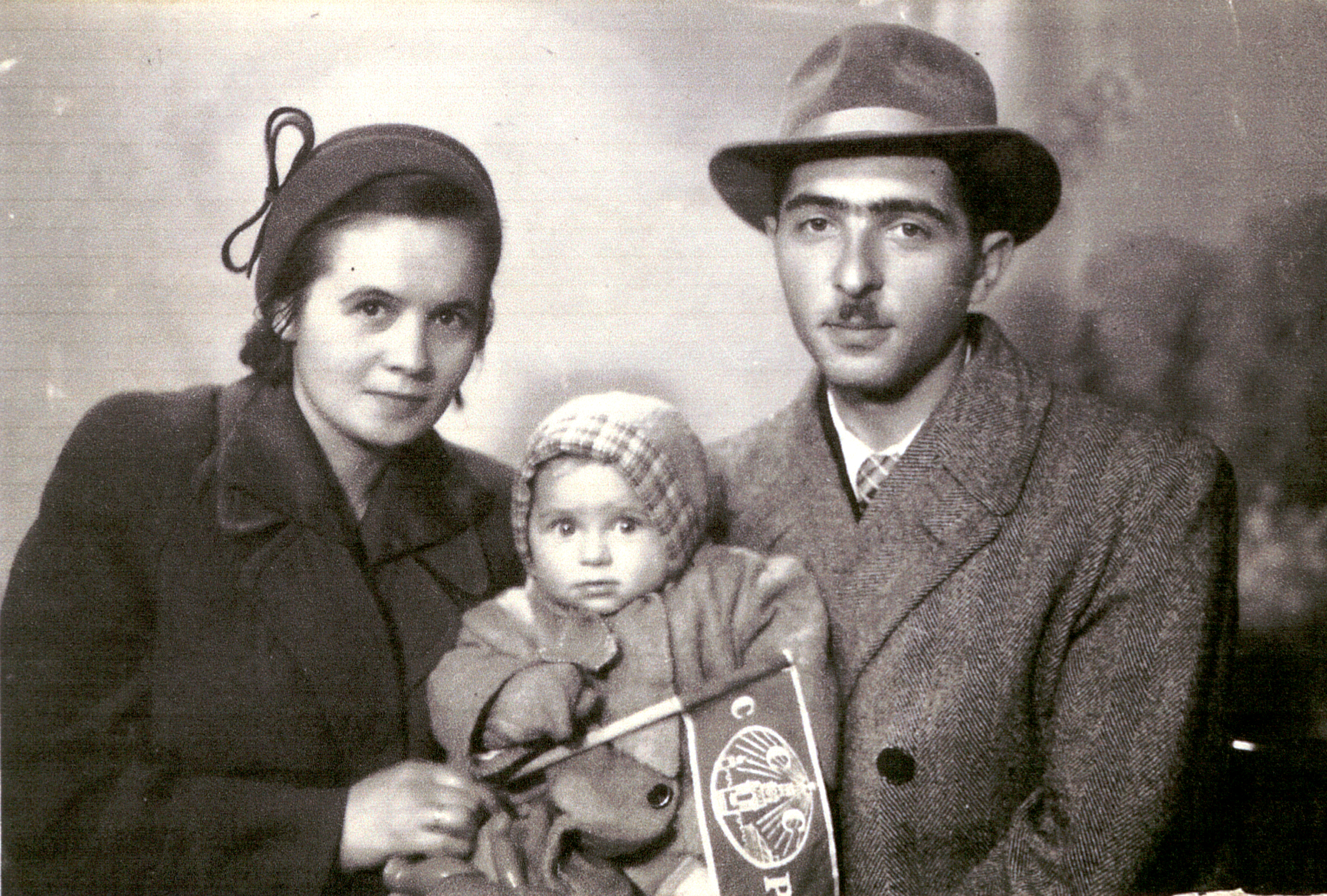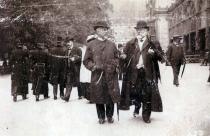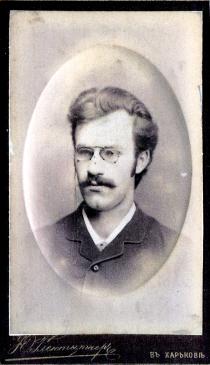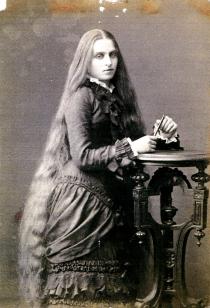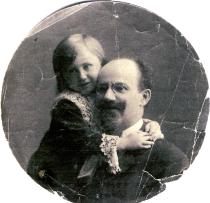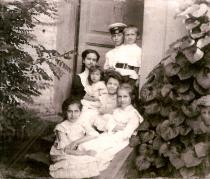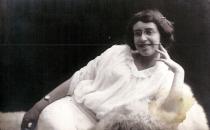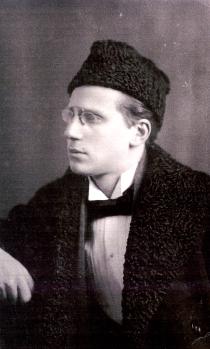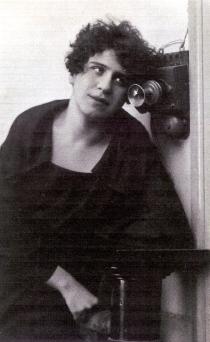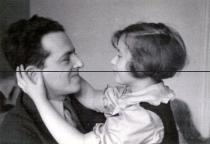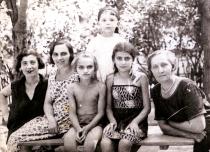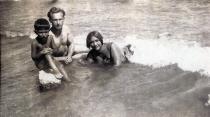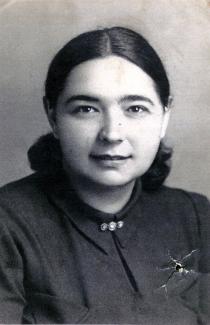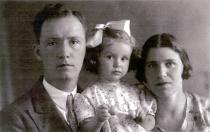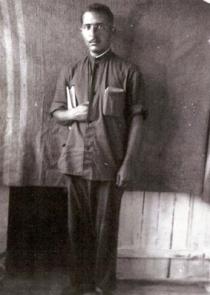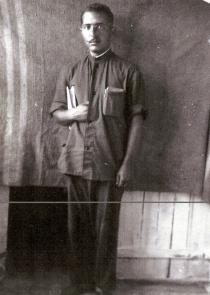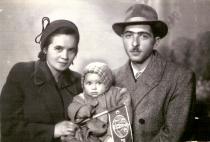My wife Lubov Kamyshan, my daughter Larissa Stepanova and I in 1958 in Lvov.
In 1955, at the solicitation of Ukraine's Minister of Education, I was released from prison and cleared of all the accusations, and the judge that had heard my case was fired. But it was impossible to find a job in Lvov. I got a job assignment to work as a teacher in a village. I met my future wife there. Her name was Lubov Goroshko. She was Ukrainian. She came from Galychyna, a district in Western Ukraine. She was born in the town of Gorodok, Lvov region, in 1932.
My wife's relatives thought about those that came from Eastern Ukraine in the same way. When we got married her parents said to her, 'Get out of here and go to the moscals [nickname for a Russian], both of you'. If they had known that I was half Jewish they would have probably killed us both. I told Lubov about my history, and we decided to keep silent about my father. She promised to speak only Russian in the family, not a word in Ukrainian, because Russian was my mother tongue, and my Ukrainian was very poor. Although she was a teacher of Ukrainian she followed our agreement. We had a civil wedding ceremony in the local registry office and rented a room in the village where I worked. We seldom met her relatives.
In 1957 we moved to Lvov. I worked at the Russian school and my wife at the Ukrainian one. We lived with my mother although it was a very small room with no comforts whatsoever, but there was no alternative. Our daughter, Larissa, was born in this small room in 1957. Later my wife and I received a small two-bedroom apartment, and in 1962 our son, Pavel, was born. I kept my word, and my children didn't know who their grandfather was or what kind of family I came from. My wife and I spoke Russian in the family and our children knew nothing about their Jewish origin.
My wife and I were very fond of our work. We used to take our pupils on trips to various towns. The Jewish topic was gradually vanishing from my life. I worked in various schools, both Russian and Ukrainian. There was no anti-Semitism in the Ukrainian schools in Lvov, because Ukrainians were the only nationality there. Western Ukrainians did not acknowledge any other nationalities. In Russian schools there were teachers and children of various nationalities, and there were different relationships. There were no abusive demonstrations of anti-Semitism. Jews didn't feel much different from other nationalities. It was an environment in which the world consisted of Ukrainians and everybody else.
Neither my wife nor I were members of the Communist Party. I was not interested, and my wife's relatives had struggled for the independence of Ukraine. She would have betrayed their ideals if she had become a party member.
Larissa finished a Russian school and graduated from the Pedagogical Institute, but she didn't want to become a teacher. She said that she saw us working so hard, and until late at night, and wanted a different life. She became an interpreter. She has worked with companies and tour agencies ever since. Every now and then she can earn good money, but sometimes she has no work at all.
